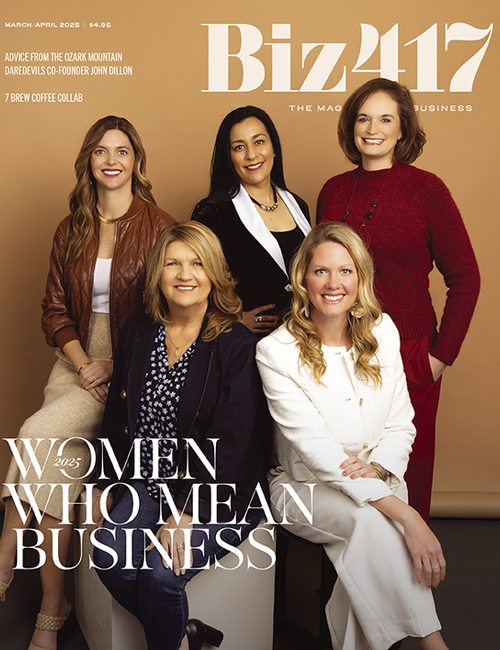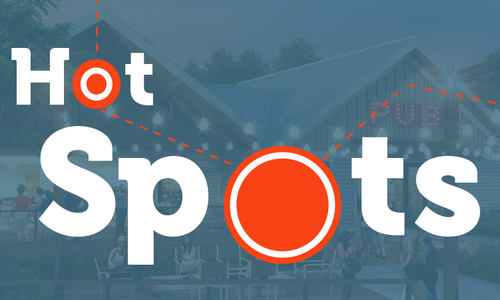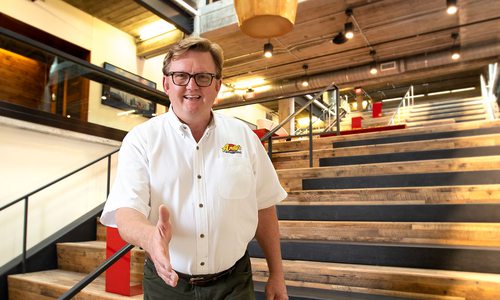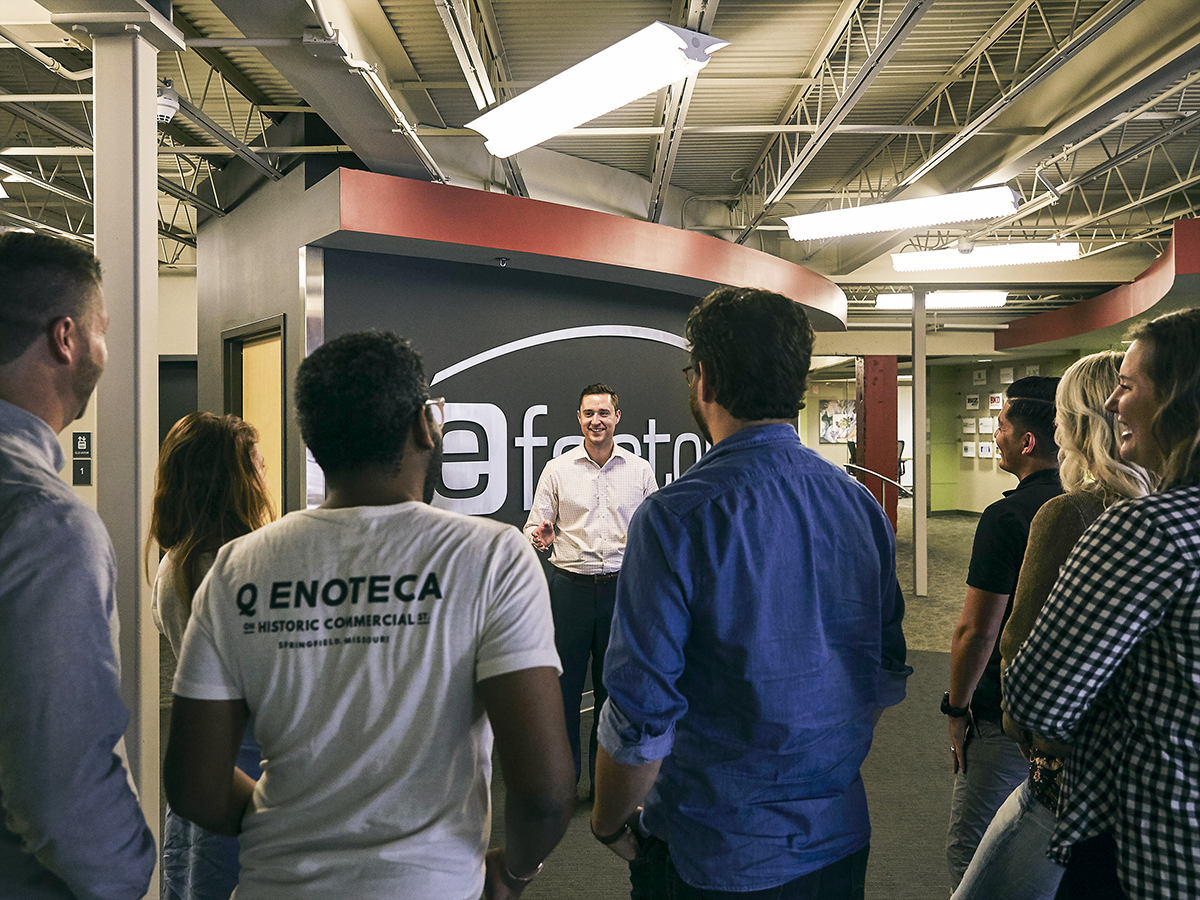
Strategy
Ready, Set, Accelerate: Inside The eFactory’s Accelerator Program
The eFactory’s accelerator program at Missouri State University has changed the landscape of local entrepreneurship and established Springfield as a presence in the national startup scene. The impact has only just begun.
By Matt Lemon | Photos by Brad Zweerink, Brandon Alms; courtesy Sola Digital, Shutterstock
Sep 2017

If The eFactory is the engine that drives Springfield’s nationally recognized entrepreneurial culture, then its accelerator program is the spark plug. The program recently graduated its second cohort and has plans for a third next May. The tally so far: a total of nine new businesses in less than six months that are now navigating the community on their own as independent companies.
It’s been a pedal-to-the-metal first year for the program, which plays an important part in Springfield’s burgeoning entrepreneurial scene. Since 2013 Springfield has earned accolades from notable publications for its support of businesses—particularly startups.
“The accelerator is one component of the overall ecosystem here,” says Allen Kunkel, director of the Jordan Valley Innovation Center, which along with The eFactory and Brick City make up Missouri State University’s IDEA Commons in downtown Springfield. “There’s a lot of recognition around our startups, and they’re part of that equation,” says Kunkel, who is also associate vice president of research and economic development for the university.
“The accelerator is one component of the overall ecosystem here.”— Allen Kunkel, Director of the Jordan Valley Innovation Center
In true 417-land fashion, the accelerator has been a collaborative effort. It’s backed by a funding partnership that includes the Missouri State University Foundation; RMI, which is a 504-loan program lender; the Springfield Business Development Corp., the economic development arm of the Springfield Area Chamber of Commerce; and the Missouri Technical Corp., a public-private partnership created by the Missouri General Assembly. And although the concept of an accelerator is not new, the structure of this one is unique. In exchange for $30,000 in startup capital per company, The eFactory’s accelerator takes an 8 percent equity position in the business, to be repaid upon the company’s sale or liquidity event. It’s a long-term strategy that carries no real time frame, Kunkel says. So far, the nearly $300,000 in total investment is promising, with Eagle Speak, a company in the first cohort, already having taken on meaningful follow-up funding, and a handful of other startups from the program setting up offices outside of The eFactory.
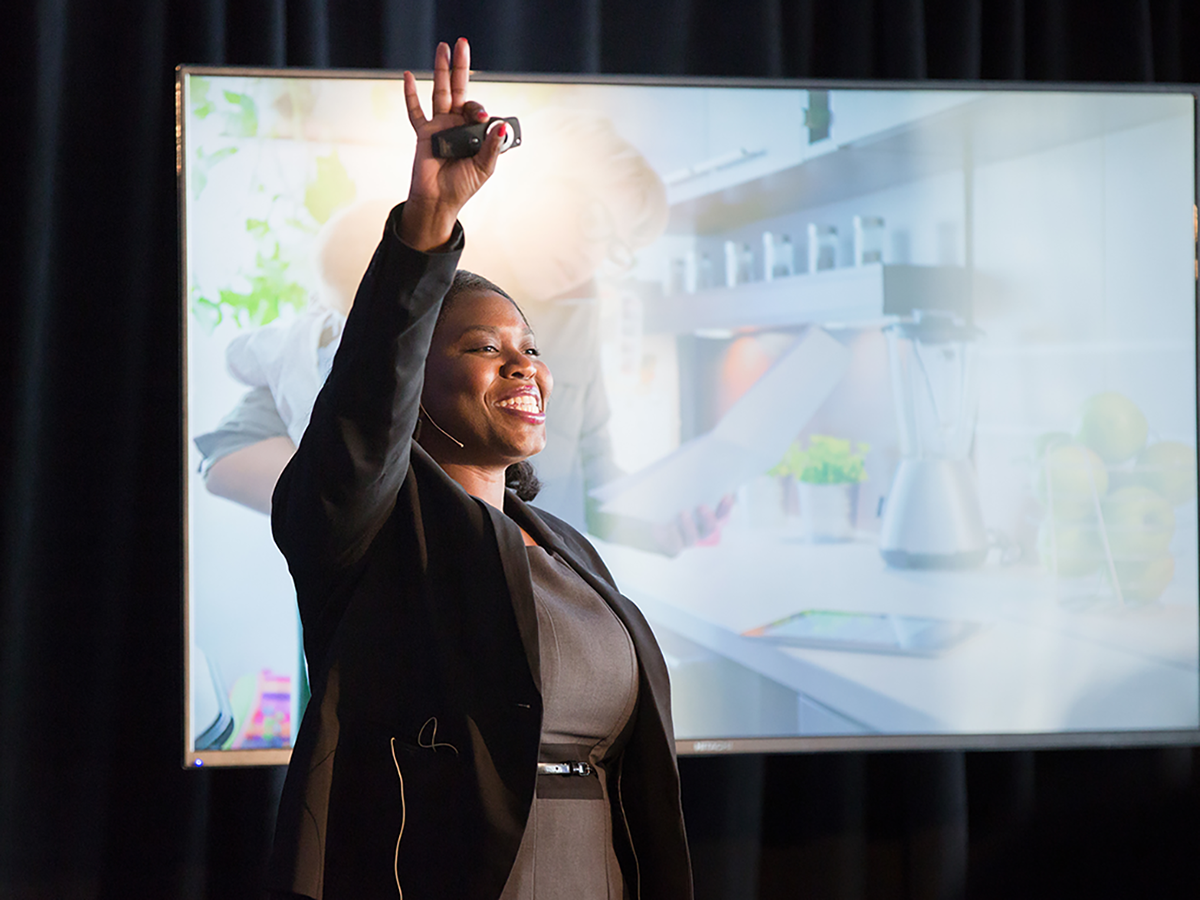
This community-partnership angle is key to the accelerator’s success, says Rachel Anderson, entrepreneurial specialist at The eFactory. “It’s unique to have so many partners and businesses helping these businesses to succeed,” Anderson says. Professionals at local companies, including big-name CEOs, have provided advice and mentorship, given feedback to practice pitches and looked over financial statements and business plans for the accelerator’s first two cohorts. Additional partnerships with the regional GO CAPS program for high school students studying IT and business, as well as MSU’s departments of business and engineering, have provided resources for accelerator participants and experience for the students who could very well make up the next wave of 417-land entrepreneurs.
Headlines for the Heartland
In recent years, 417-land and The eFactory have received several nods both regionally and nationally for their entrepreneurial spirit.
2013
The eFactory was named the 2013 Community/Redevelopment Project of the Year at the Governor’s Conference on Economic Development.
2014
Trade & Industry Development magazine selected The eFactory as one of its Corporate Investment and Community Impact (CiCi) award winners in the community impact category.
2015
Springfield ranked No. 3, among the country’s largest 150 cities, in WalletHub’s Best Cities to Start a Business list.
2016
Five Thirty Eight reported Springfield was fourth on a list of metropolitan areas with the fastest startup growth. The Queen City jumped up 14 spots to No. 53 among the country’s Best-Performing Large Cities in a report published by the Milken Institute. Although Springfield dropped five spots to No. 8, it still remained within the top 10 on WalletHub’s 2016 Best Large Cities to Start a Business.
2017
Contributors at Entrepreneur and Forbes took note of 417-land. The eFactory’s accelerator was the only Midwest program on an Entrepreneur list of seven business incubators. Springfield topped Forbes’ list of Cities You Didn’t Expect to be Great for Business.
But, in the end, the goal for the accelerator is a sustainable shot in the arm for economic development in Springfield. “It’s big for entrepreneurs from Springfield that they can stay and start a business here or move back,” Anderson says.
The Springfield Area Chamber of Commerce, which has made talent attraction and retention a major goal, agrees. “The accelerator program has been able to show both local startups and startups around the nation our community is supportive of new businesses and has created the environment to support such endeavors,” says Danny Perches, business assistance coordinator for the chamber.
Michael Onaolapo, CEO of ShopZeely, a startup that participated in the accelerator’s first cohort, is one such talent. ShopZeely could be described as Uber for shopping, where on-demand “Zeelys” shop for other users via a live video app. Onaolapo moved to Springfield from Texas solely to participate in the accelerator, one of several he applied for. He says the financial terms and Springfield’s size were deciding factors. Now, nearly a year later, Onaolapo and ShopZeely are still in Springfield, have expanded into the Dallas-Fort Worth area and are eyeing the St. Louis and Kansas City markets.
“It's unique to have so many partners and businesses helping these businesses to succeed.”— Rachel Anderson, Entrepreneurial Specialist at The eFactory
“[Springfield] not being extremely large but fairly decently sized allowed us to test our prototype, get some traction and really work out the kinks of our operations so we can expand to larger cities,” Onaolapo says.
The accelerator wants to continue helping these budding businesses, but faced with state-level higher-education budget cuts, the model is changing slightly. Only one cohort will be held each year, but the number of businesses in each will increase. The application period for the third cohort—to include as many as 10 businesses—opens December 1, and the three-month program begins May 2018. Changes from the first two cohorts include earlier deadlines for business plans and additional benchmarking.
The eFactory Director Brian Kincaid says ROI and profitability of accelerator-sponsored businesses, while necessary in the long term, will be only one of the metrics used to assess impact. Just as important are long-term lessons learned, which can lead to success the next time the entrepreneur has an idea. “Many, many entrepreneurs who have failed have, eventually, been successful,” Kincaid says. “The key is fitting that success into a shorter time frame.”
The Accelerator by the Numbers
$30,000
Amount invested in each business that participates in the accelerator
8 percent
Percentage of equity The eFactory receives in a future sale or liquidity event for each participating business
9
Businesses that have completed the accelerator in its first two cohorts
Less than 2
Years it took from conceptualizing the accelerator to the beginning of its first cohort in 2016
12 months
Amount of time businesses are required to keep operations in Missouri following completion of the program
1/3
Portion of accelerator participants that have been from out of state
More than 150
Number of Missouri State University students who engaged with the accelerator as part of coursework during 2016–2017 academic year
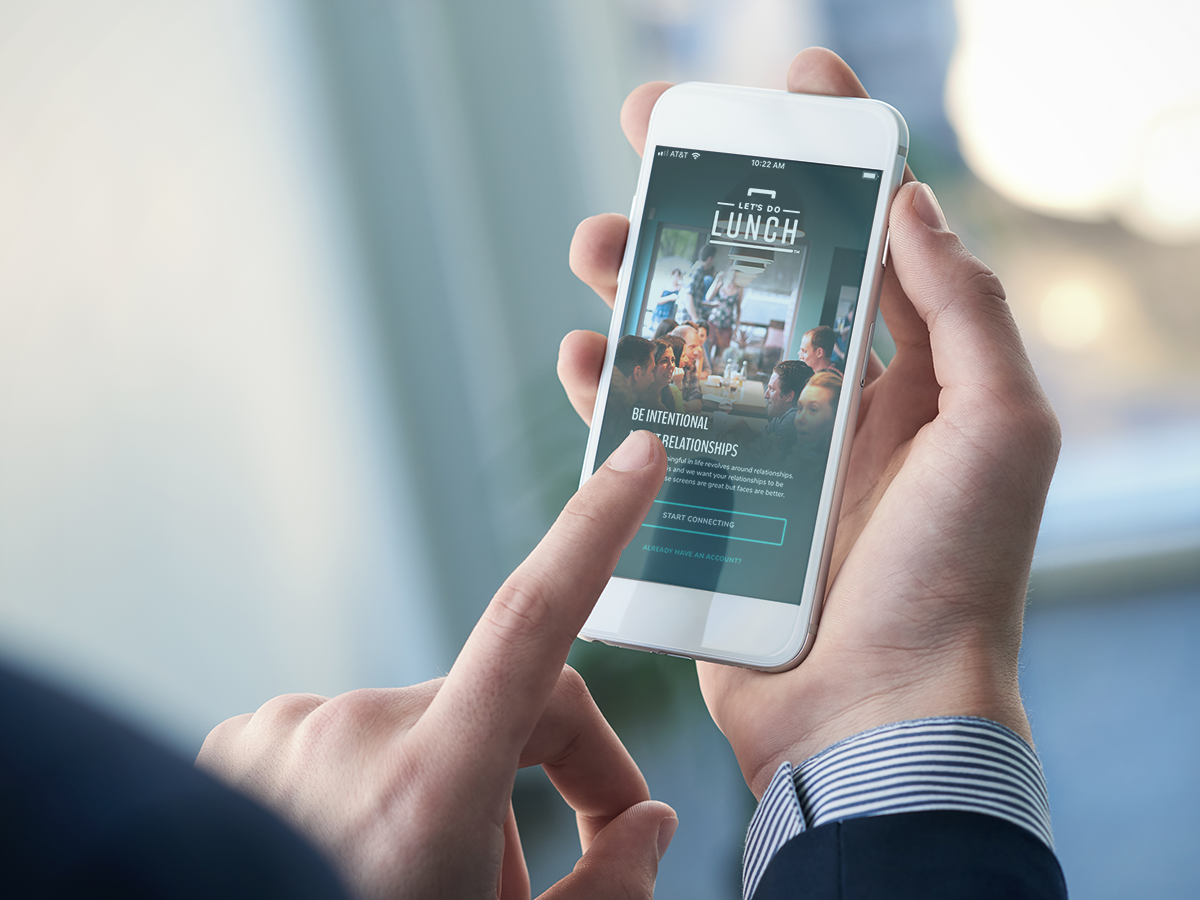
Starting From Scratch
By Hector Cruz, as told to Matt Lemmon
Participating in The eFactory’s accelerator is a whirlwind process. In just 12 weeks, entrepreneurs create business plans, develop products and soak up as much insight as they possibly can from local experts. Hector Cruz, founder of Let’s Do Lunch and participant in the program’s second cohort, shares his experience of starting a business from the ground up.
“I work full-time in Evangel University’s alumni and fundraising office. The whole point is to build meaningful relationships. The genesis of the idea for Let’s Do Lunch was the need to follow up with people, both professionally and socially.
“A friend of mine had been through the accelerator in the first cohort and urged me to apply. My wife’s and my third child was born on November 16, 2016; I finished the application for the accelerator in the hospital room, with my newborn daughter lying on my chest and my laptop on my lap. A couple of weeks later, Rachel Anderson emailed me.
“My typical day during the accelerator started at 5 a.m. I’d be at Evangel from 7 to 9 a.m. or so. We’d often have two or three people presenting at the accelerator, so I’d often pop over to The eFactory three times a day. I tried to keep 5 to 8 p.m. for family time. Once the kids were in bed, it was back on the laptop to work until midnight.
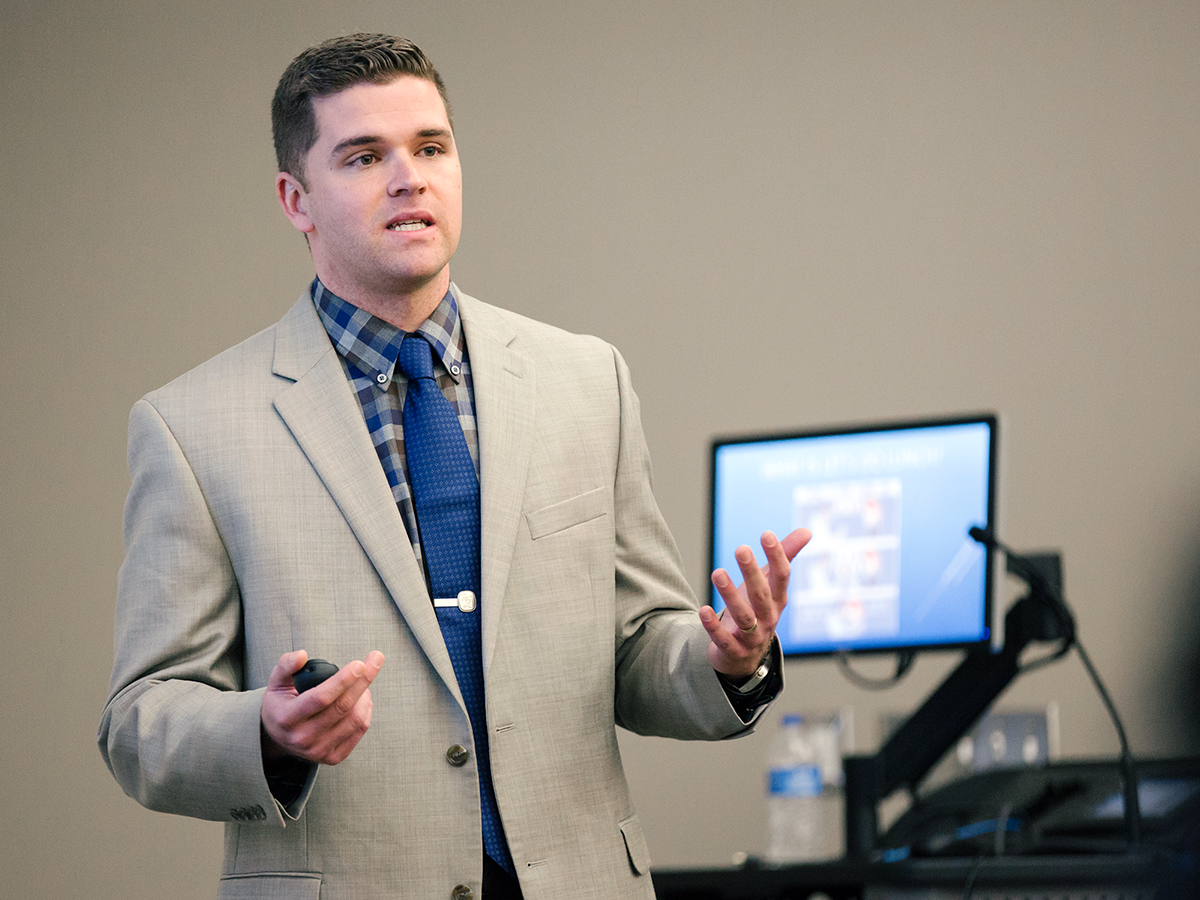
“There was certainly some pressure and stress. In the startup world, most of the pressure is self-imposed. I think a great feature of the accelerator is the weekly presentations each business had to give to leadership and the rest of the cohort. Those kept us accountable for how we were progressing and led to effective Demo Day presentations. There’s also a lot of group learning and bonding; you also can share takeaways and frustrations. It doesn’t feel like you’re on an island.
“We built an app from a concept with hand drawings on paper wireframes into a full, functional app that was live and ready for download in less than eight weeks. That was thanks in large part to my development team at SOLA Digital. Other companies I’ve talked to have had apps in development for two years. We were hustling pretty hard.
“Since it’s ended, things have slowed down quite a bit. That’s intentional. I’m continuing to grow Let’s Do Lunch at a pace I’m comfortable with. Without the accelerator I doubt we’d have a live app that people can download. It would be easy to stay in development and make excuses for why you’re not putting something out there.
“Evangel was absolutely phenomenal in letting me have this experience and remain fully employed. We have a strong culture of professional development. They’re supportive of me and also know I’m building a product they can use at Evangel.”
What I Learned
Business founders comment in their own words on the accelerator experience and what it taught them.
“We have had so many meetings that I have truly lost count. We were afforded the opportunity to meet with multiple investors, business leaders and some of the most respected leaders in the Springfield community. Above all else, the accelerator program helped my business partner and me develop some great relationships.”
—Tim Dygon, co-founder of The Daily Scholar
“I learned my strengths and weaknesses as an entrepreneur. In startups you have to be everything for the business. You don’t have the funds to hire a sales force, an accountant and an assistant. You have to cover everything. Learning my weaknesses helped me determine where I need to hire or establish contact first.”
—Amy Blansit, founder of Solely Jolie
“The mentorship that we received from the program was invaluable; working with our mentor was a fantastic partnership. He was invaluable in assisting us in some key areas.”
—Michael Onaolapo, Founder of ShopZeely
“Through meeting many mentors, I became better at handling advice and criticism, and choosing which to accept. Through balancing the business’ timeline and priorities with the Accelerator program’s, I became better at prioritization and time management. I also learned from the other founders by observing their journey—the questions they asked mentors, what worked for them and what didn’t.”
—Chad Boschert, founder and CEO of Apt Crowd
“During the accelerator, you are bombarded nonstop with interesting advice from smart and experienced executives, much of which will contradict the piece of advice you got an hour earlier. Every company is different, and great advice isn’t necessarily the right advice for your business. You need to listen to everyone, consider every option, take those ideas to a new level and in the end do what makes sense for your own company.”
—Jason Arend, co-founder and CEO of Eagle Speak

